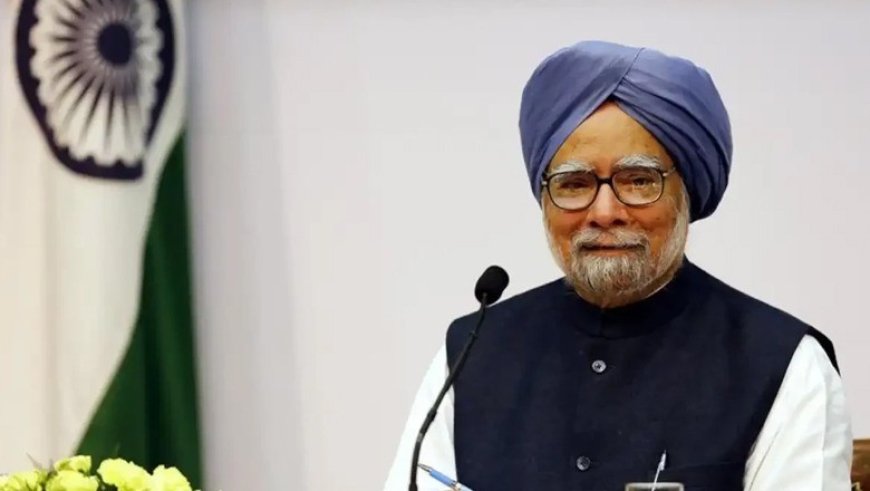Former Indian PM Manmohan Singh cremated with full state honours

1. Former prime minister's mortal remains to be cremated in New Delhi with full state honours
The mortal remains of Manmohan Singh, the former Indian prime minister whose death has triggered an outpouring of grief in India and admiration from abroad, were cremated on Saturday along the banks of the Yamuna River in New Delhi with full state honours.
The funeral followed Sikh traditions, with priests chanting hymns, as Singh's body, draped in the Indian flag, was transported through the capital on a flower-covered carriage pulled by a ceremonial army truck. The flag was removed, and the body was draped in saffron cloth before being placed on the pyre.
Singh, who passed away on Thursday at the age of 92, had once remarked near the end of his 10-year tenure, "history will be kinder to me than the contemporary media," referring to the criticism of his leadership during a coalition government that faced corruption charges and was ousted in the 2014 election won by his successor Narendra Modi.
Prime Minister Modi, who referred to Singh as one of the nation’s "most distinguished leaders" following his death, attended the funeral, alongside President Droupadi Murmu and various international representatives. Modi’s government has decided to allocate land for Singh's memorial.
Singh, widely regarded as the architect of India’s economic liberalization, had voiced criticism of Modi's economic policies, including demonetisation and the introduction of the goods and services tax.
He is survived by his wife and three daughters.
Congress leader Rahul Gandhi joined Singh’s family on the truck to the Nigambodh Ghat cremation site after the procession from party headquarters in New Delhi, where people gathered to pay their respects. Leaders from the US, Canada, France, Sri Lanka, China, and Pakistan expressed condolences, acknowledging Singh's significant contributions on the global stage.
Gandhi described Singh as "a mentor and guide," praising his leadership of India with "immense wisdom and integrity." US President Joe Biden hailed Singh as a "true statesman," noting that his pathbreaking progress would continue to benefit nations and the world for generations.
Born in 1932 in Gah, a village near Chakwal in present-day Pakistan, Singh pursued economics to address poverty in India. He earned scholarships to study at Cambridge and Oxford, where he completed his doctorate. Singh held several senior civil service roles, served as central bank governor, and worked with global organizations, including the United Nations.
In 1991, Singh was appointed finance minister by Congress Prime Minister PV Narasimha Rao, guiding India out of its worst financial crisis. Although he had never held an elected office, Singh was nominated as the Congress party’s candidate for prime minister in 2004.
During his first term, Singh steered the economy through a period of rapid growth, achieving nine percent GDP growth and strengthening India’s global influence. He also negotiated a landmark nuclear deal with the United States to meet India’s growing energy needs.
President Murmu praised Singh for his “service to the nation, his unblemished political life, and his utmost humility,” ensuring his legacy would live on.


















































